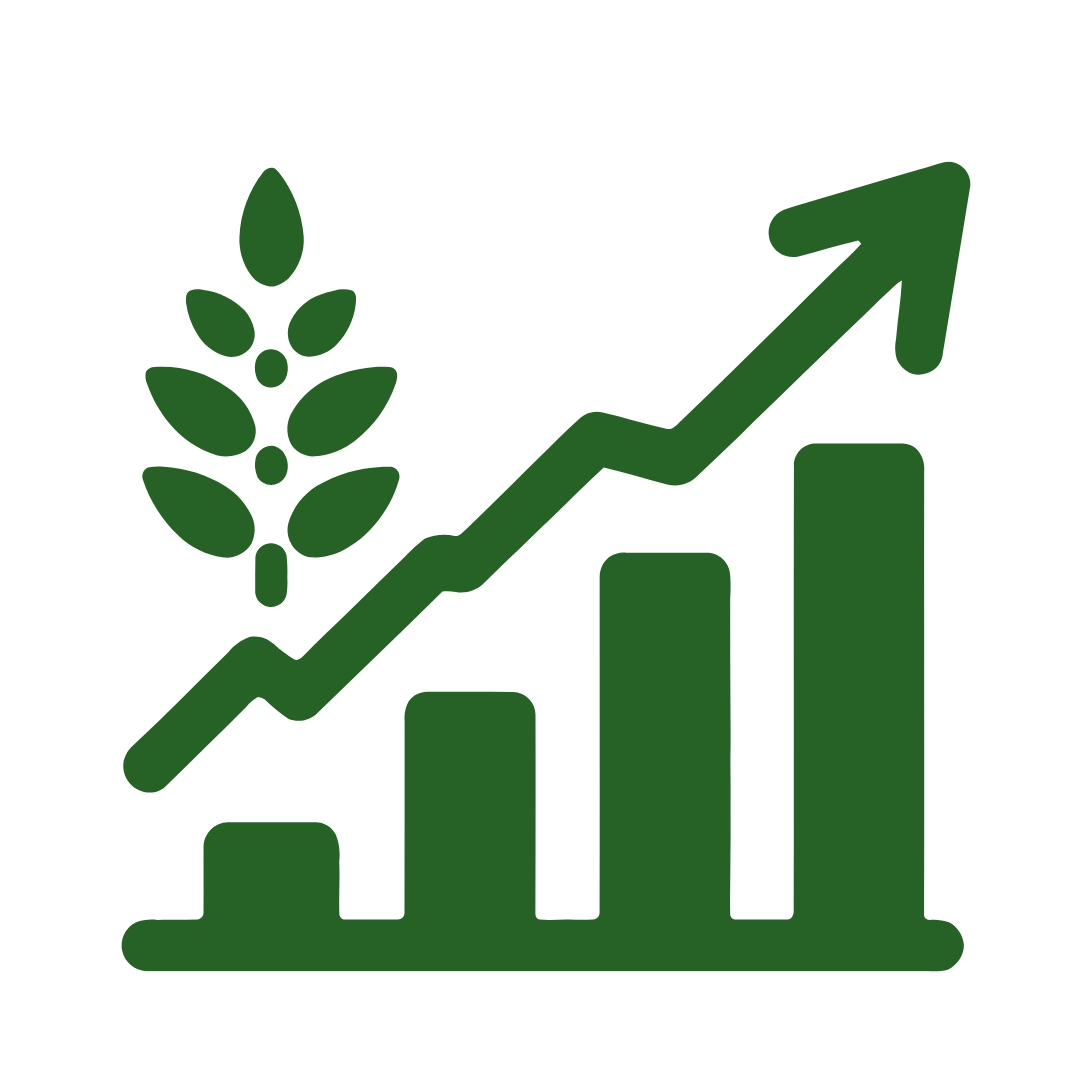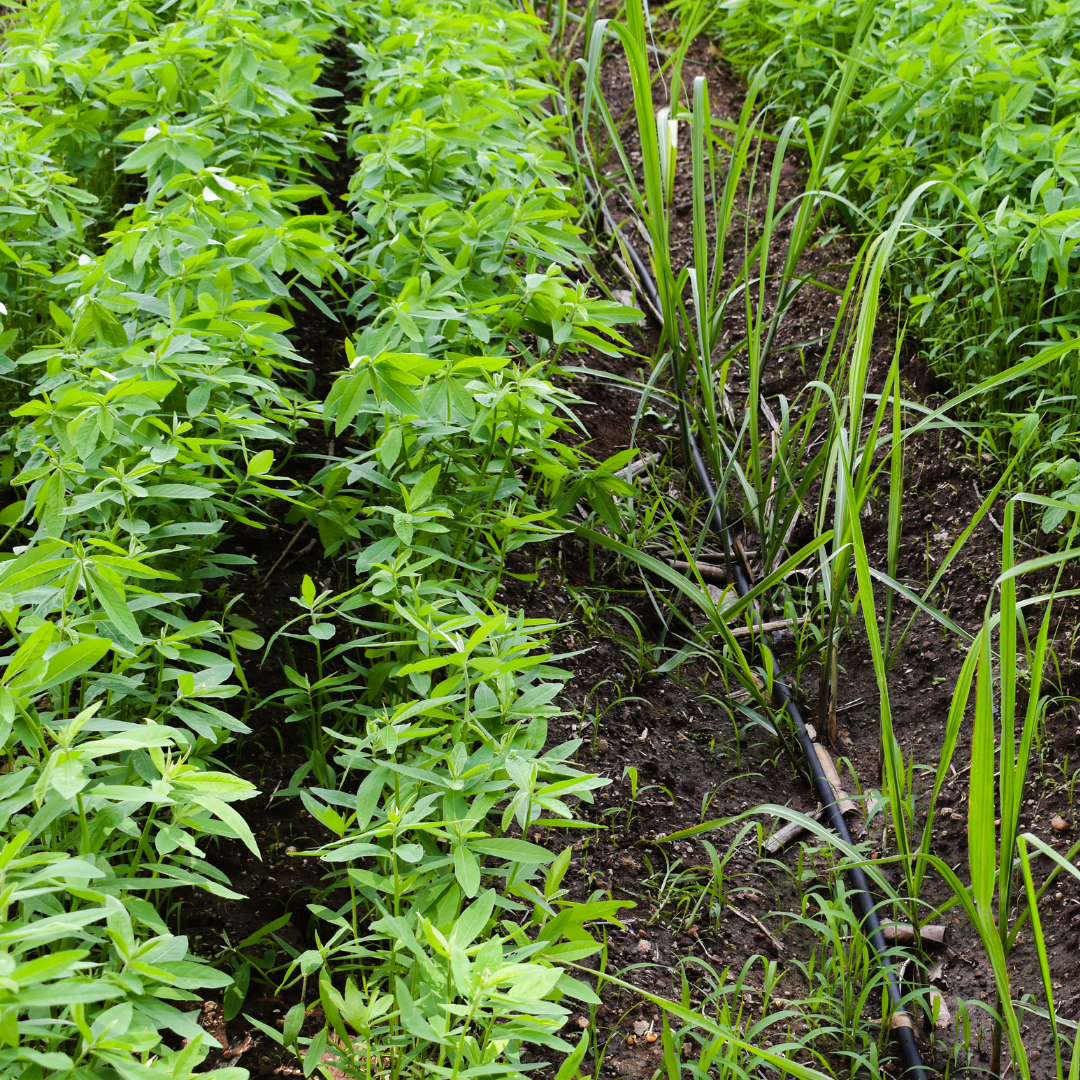Organic farming has gained significant attention over the years, but with its rise in popularity, several common myths have also emerged.

These myths often mislead people, confusing what organic farming truly entails. In this article, we will debunk five common myths about organic farming and provide clarity on this sustainable agricultural practice.
Myth 1: Organic Farming Yields Are Always Lower
Understanding Yield Comparisons
One of the most pervasive myths about organic farming is that it consistently produces lower yields compared to conventional farming. While it is true that organic farms may have lower yields in some cases, this is not a universal rule.

Improving Yields Through Best Practices
Organic farming can achieve comparable yields, especially when farmers implement best practices tailored to their specific environment.
For instance, crop rotation, cover cropping, and the use of organic fertilizers can significantly enhance soil fertility, leading to healthier and more productive crops.
Long-Term Benefits to Soil Health
Additionally, organic farming focuses on long-term soil health, which can improve yields over time. It’s also worth noting that organic farms often grow a diverse range of crops, reducing the risk of total crop failure.

Myth 2: Organic Farming Is Just Traditional Farming
The Difference Between Traditional and Organic
Many people believe that organic farming is simply a return to traditional farming methods. While organic farming does draw on some traditional practices, it is far more sophisticated and science-based.
Modern Techniques in Organic Farming

Organic farmers use modern techniques such as biological pest control, composting, and advanced crop management strategies to optimize production while maintaining environmental sustainability.
Regulation and Standards
The organic farming approach is also regulated by strict standards that ensure the food produced is free from synthetic chemicals and genetically modified organisms (GMOs).
Therefore, organic farming is not just a nostalgic return to old ways but a progressive method that integrates the best of both traditional and modern agricultural practices.
Myth 3: Organic Food Is Always Healthier
Nutritional Content and Organic Labeling
The belief that organic food is inherently healthier than conventionally grown food is another common myth. While organic food does have benefits, such as lower pesticide residues and the absence of GMOs, it does not necessarily mean it is more nutritious.
Factors Affecting Nutritional Value
The nutritional content of food is primarily determined by the soil quality, farming practices, and the variety of crops grown, rather than whether the food is organic or not.
For example, an organic apple and a conventionally grown apple can have similar levels of vitamins and minerals if they are grown in similar conditions.
Environmental and Health Benefits

However, organic farming’s emphasis on sustainable practices can lead to better overall environmental health, which indirectly benefits human health.
Myth 4: Organic Farming Is Not Sustainable for Large-Scale Production
Challenges of Scaling Organic Farming
There is a widespread misconception that organic farming cannot be scaled up to meet global food demands. Critics argue that organic farming is too labor-intensive and expensive to be viable on a large scale.
Successful Large-Scale Organic Farms

However, this myth overlooks the fact that many large-scale organic farms successfully operate around the world. These farms employ innovative practices like intercropping, agroforestry, and organic no-till farming to increase efficiency and productivity.
Sustainability and Resilience
Furthermore, organic farming’s focus on sustainability means it is better equipped to handle long-term challenges such as soil degradation, water scarcity, and climate change.

By fostering biodiversity and improving soil health, organic farming offers a viable path toward sustainable large-scale food production.
Myth 5: Organic Farming Is Only About Avoiding Chemicals
The Holistic Nature of Organic Farming
Another common myth is that organic farming is simply about avoiding synthetic chemicals and pesticides. While it’s true that organic farming prohibits the use of synthetic inputs, it involves much more than just chemical avoidance.
Ecosystem-Based Farming Practices
Organic farming is a holistic approach that considers the entire ecosystem, including soil health, water conservation, and biodiversity.

Organic farmers use a variety of natural methods to manage pests and diseases, such as crop rotation, biological pest control, and the use of resistant crop varieties.
Building a Resilient Farming System
This approach not only reduces the need for chemical interventions but also promotes a healthier and more resilient farming system. Organic farming’s focus on building a balanced ecosystem ensures that crops thrive in harmony with nature.
Conclusion
Organic farming is often misunderstood, with many myths clouding its true nature and potential.
By debunking these common myths, we can appreciate organic farming for what it truly is: a sustainable, science-based approach that offers viable solutions for both small-scale and large-scale agriculture.
Understanding the facts about organic farming can help consumers make more informed choices and support practices that benefit the environment and future generations.
